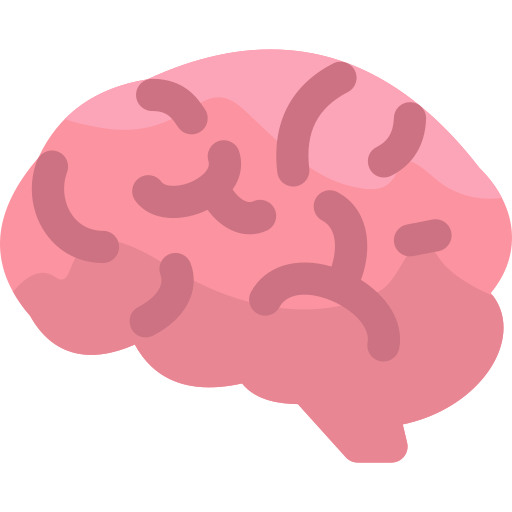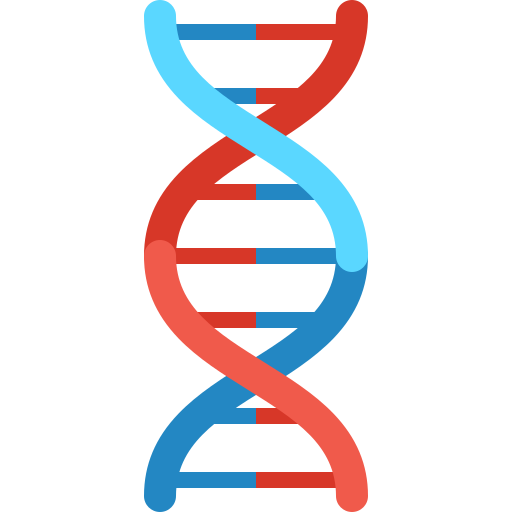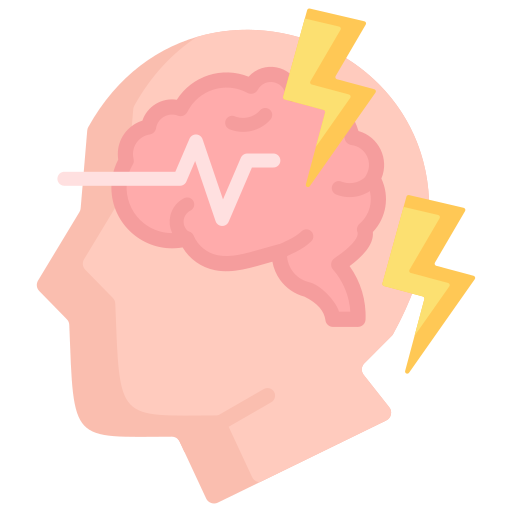OMI™ RareDx
Advanced whole exome and whole genome genetic testing services to identify rare genetic diseases.
OMI™ RareDx offers state-of-the-art Whole Exome Sequencing (WES) and Whole Genome Sequencing (WGS) services, offering unmatched diagnostic accuracy for rare genetic disorders.
These advanced methods significantly improve diagnostic yield, speed, and the ability to identify previously undetectable genetic variations, giving clinicians powerful insights for more informed, personalized care.
Advantages of Whole Exome and Whole Genome Sequencing

Higher Diagnostic Yield and Accuracy
WES and WGS significantly improve diagnostic success for rare diseases, identifying genetic causes in 30-50% of cases where traditional tests fail.1,2

Faster Diagnosis and Reduced Testing Time
WES and WGS provide faster results compared to traditional methods, often delivering a diagnosis within 3-12 months, enabling earlier intervention and improving patient outcomes.3

Comprehensive Genetic Data for Personalized Treatment
The comprehensive genetic data from WES and WGS allows for more personalized treatment plans, with up to 38% of patients receiving actionable diagnoses that directly influence therapy, leading to more effective care.4

Ongoing Reanalysis for Continuous Updates
WES and WGS data can be reanalyzed as new genetic findings emerge, increasing diagnostic yield by 20-30% over time and ensuring that patients benefit from the latest advancements in genetic research.5
Genome vs Exome: Understanding the difference
Whole Genome Sequencing (WGS) analyzes the entire genome, including both coding and non-coding regions, uncovering rare variations and structural changes. Whole Exome Sequencing (WES) focuses on the exome, the protein-coding portion of the genome, where up to 80% of disease-causing mutations are found.
OMI™ RareDx Whole Exome Sequencing (WES) | OMI™ RareDx Whole Genome Sequencing (WGS) | |
Target Area | Protein-coding regions (exons) + large gene changes (CNVs) + mitochondrial genome | Entire genome (coding and non-coding regions) + mitochondrial genome |
What We Find | Single nucleotide variants (SNVs), insertions/deletions (Indels) in coding regions, large copy number variations (CNVs) >100kb, mitochondrial mutations, structural variants (e.g., deletions, duplications) in exons | SNVs, Indels, CNVs (exonic and intronic), structural variations (e.g., inversions, translocations), deep intron mutations, loss of heterozygosity >5Mb, uniparental disomy, triploidy/aneuploidy, mitochondrial mutations, 26 pathogen infections, dynamic mutations (e.g., in fragile X syndrome) |
Coverage Depth | >200X for exons, >2000X for mitochondria | >40X for genome, >200X for mitochondria |
Testing Method | PE150 (paired-end sequencing) | PE100 (paired-end sequencing) |
Data Size | 16GB (Mono), 48GB (Trio) | 140GB (Mono), 420GB (Trio) |
Patient profile
RareDx genetic testing is suitable for individuals experiencing:
RareDx testing can help identify the genetic basis of challenging conditions, including but not limited to:

Autism Spectrum Disorder

Intellectual disability

Congenital abnormalities

Developmental delay

Metabolic disorder

Epilepsy

Vision defects

Cardiomyopathy

Muscular weakness
Why choose RareDx?
Expert Variant Curation
Our analysis integrates data from trusted public resources and a proprietary database of over 160,000 individual genetic profiles, ensuring the identification of rare and clinically significant variants—even those not yet reported in medical literature. Key resources include:
Comprehensive Clinical Interpretation
Every detected variant is manually reviewed by expert clinical geneticists. Variants are rigorously assessed using trusted databases like OMIM to establish strong gene-disease correlations. This meticulous process ensures that only clinically relevant findings are reported, providing actionable insights for precise diagnosis and care.
Lifetime Validity
RareDx results remain valid for life. You will receive a comprehensive report along with a detailed spreadsheet of all detected variants. As medical knowledge advances, these results remain a valuable resource for ongoing care and re-evaluation.
What is included in the report?
Variants
A precise inventory of clinically relevant genetic changes detected through advanced sequencing methods.
Clinical Interpretation
An in-depth analysis linking detected variants to relevant gene-disease relationships, ensuring findings are both meaningful and actionable.
Recommendations
Practical next steps based on genetic findings to support accurate diagnosis and treatment planning.
We offer both Mono and Trio testing for RareDx
Choosing between Mono (single patient) and Trio (patient + both parents) testing for WGS or WES depends on the condition and available information.
Choose Trio if:
Mono Testing
Best for identifying genetic causes in the individual when family history is unclear or when a single mutation is suspected. It’s a cost-effective option when parents aren’t available.
Trio Testing
Recommended for complex conditions or when inheritance patterns are unclear. It provides a more accurate diagnosis by comparing the patient’s DNA to both parents’, helping identify de novo mutations and inherited variants.
Choose Mono if:
Our team at OMI Biomedics can help you choose the best option for your needs.
We Are Here for Your Personalized Support
Our dedicated genetic consultation services help patients and clinicians understand test results and their implications for personalized care. Whether you’re exploring treatment options or planning management strategies, our team is here to guide you every step of the way.
Schedule a consultation to discover if RareDx is right for you.
Interested in RareDx but don’t have a doctor?
Our medical professionals are here to help.
References
- Mardis, E. R., Wilson, R. K., McLellan, M. D., Chen, K., Kingdom, T., Kucab, J. E., … & Wilson, J. L. (2017). Whole-genome sequencing of matched tumor-normal samples provides new insights into cancer biology. The New England Journal of Medicine, 372(25), 2404-2415.
- Rehm, H. L., Richards, S., Asimenos, G., Best, A., Mathews, D., Shashi, V., … & Deignan, J. L. (2015). ClinVar: Public archive of relationships among sequence variation and human phenotype. Nucleic Acids Research, 44(D1), D862-D868.
Contact
Subscribe to our newsletter
Quick links
Services

